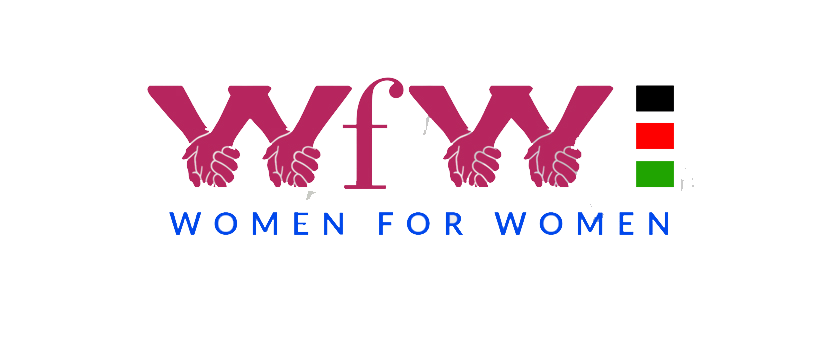Why ultrasound is important before and after abortion — Women for Women Kenya
At Women for Women Kenya, safe abortion care starts with accurate assessment. An ultrasound (scan) is a vital tool used before and after abortion to confirm pregnancy, determine gestation, detect ectopic pregnancy, and ensure complete recovery.
What is an ultrasound?
An ultrasound uses harmless sound waves to create images of internal organs. In reproductive health it shows the uterus, ovaries and pregnancy. It’s non-ionising (no radiation), painless, and safe for both the patient and the fetus.
Why an ultrasound is important before an abortion
An ultrasound before abortion helps the clinician choose the safest approach and reduces risk. Key purposes include:
- Confirm pregnancy: Ensure that a pregnancy is present and visualised.
- Determine gestational age: Different methods are recommended depending on how many weeks the pregnancy is.
- Detect ectopic pregnancy: An ectopic pregnancy (outside the uterus) is a medical emergency — it cannot be treated with abortion pills.
- Plan appropriate care: If the pregnancy is beyond the safe limit for medication abortion, a clinical procedure or referral may be needed.
Why an ultrasound is useful after an abortion
After medical or surgical abortion, ultrasound checks ensure safe recovery by:
- Confirming the uterus is empty (no retained tissue).
- Detecting complications such as retained products or clot collection.
- Helping decide whether additional management (observation, medication, or a procedure) is required.
Types of ultrasound commonly used
- Abdominal ultrasound: Probe moved over the lower abdomen with gel — good after the first trimester and for general checks.
- Transvaginal ultrasound: Small probe inserted into the vagina — provides clearer images in early pregnancy and in certain gynecologic assessments.
Safety and privacy
Ultrasound is a safe, routine diagnostic test. At Women for Women Kenya we perform scans with respect for privacy, consent, and dignity. Our clinicians explain findings in plain language and discuss what they mean for your care.
Frequently asked questions
Q: Can I have an abortion without an ultrasound?
A: In some settings and within strict eligibility criteria, medication abortion protocols may be used without ultrasound if reliable history and assessment are available. However, ultrasound provides important safety information (gestation, location of pregnancy) and is strongly recommended where available.
Q: What if the ultrasound shows an ectopic pregnancy?
A: Ectopic pregnancy is a medical emergency. If an ectopic pregnancy is suspected or confirmed, you will be referred immediately for specialist care. The abortion pill cannot treat an ectopic pregnancy.
Q: How soon after an abortion should I get a follow-up scan?
A: Timing depends on symptoms and clinical guidance. If you have heavy bleeding, fever, or severe pain, seek care immediately. For routine checks, your clinician will advise when a scan is helpful to confirm completion.
Our approach
Ultrasound at Women for Women Kenya is used to make care safer and to empower you with clear information. Every consultation is confidential, professional and non-judgemental.








